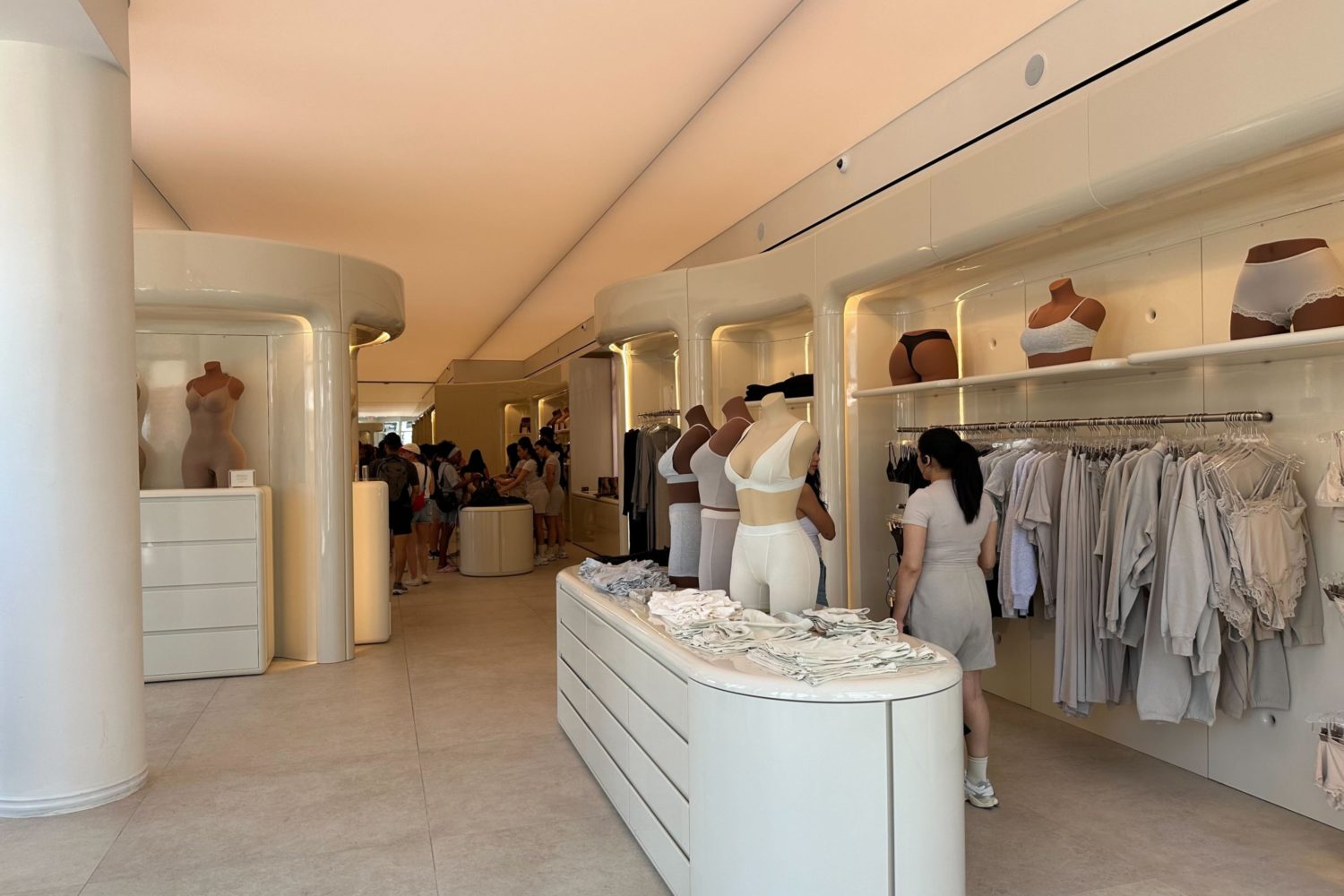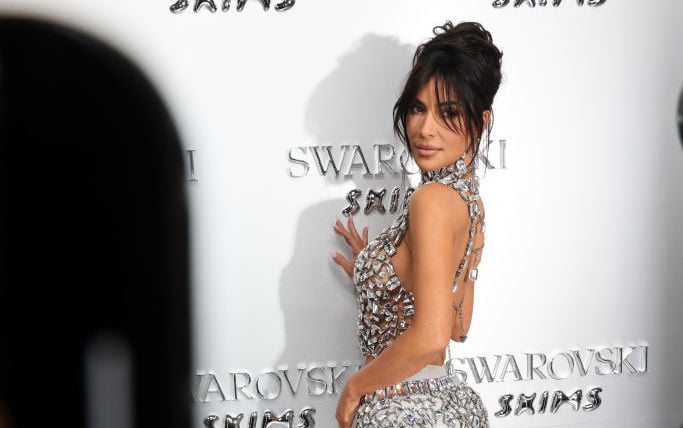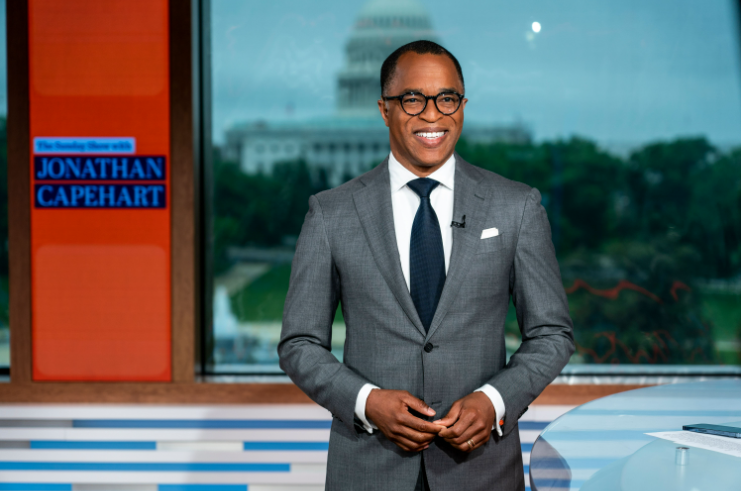During thirty years in Washington, Patricia Ewing has amassed her share of political clients. In the 1990s, she scratched out campaign victories in battleground states, helped manage a Senate office on Capitol Hill, and served Vice President Al Gore as deputy chief of staff, later becoming a senior advisor at the DNC. Since 2000, she’s gone to the private sector, hop-scotching a sequence of DC consulting and marketing groups like the Dewey Square Group and PLUS Strategic Advisors.
So perhaps like many Democrats of the Clinton era, Ewing, who is 57, has been faced with a beguiling predicament: What to do with a vault of lifelong political knowledge at the moment the Democratic party undergoes a tumultuous identity crisis in the 2020 primary.
In the end, Ewing made an interesting choice: She went to work for Marianne Williamson.
To be clear: This is the call-New-Zealand-first, spiritual guru-turned-author-turned-presidential-candidate, who challenged Trump to meet her in a field with love—and raised eyebrows as much as she raised her profile—on the stage of last Thursday’s debate. The non-politician who is so proficient at making her rival candidates (and debate moderators) squirm that Republicans have begun donating to her campaign to keep her in the race. That Marianne Williamson.
Given Ewing’s background, working for Williamson might have appeared like falling in with strange company. (She hadn’t read any of Williamson’s spiritual books, for instance, at least not until she was hired.) But Ewing has her own reasons: For one, a taste for outsider candidates, and a joie de vivre that comes from shaking up the party establishment. Then there’s a certain unplaceable factor, which we might call wisdom: “Honestly, I’m old. I can chose whomever to work with. What’s someone going to say to me?” Ewing laughed. “That I haven’t paid my dues?”
Ewing is not the only beltway specialist in Williamson’s retinue. The campaign’s leadership is a trio of DC operatives: Along with Ewing, Williamson has retained campaign manager Maurice Daniel, another Clinton-Gore alumnus, and part-time Washington strategist Eleanor LeCain. (They coordinate with a staff of about 20 nationwide.)
Three rough-hewn politicos and a California guru: only American politics, and a dash of economics, could bring such characters together. Though Ewing did not discuss her salary with Washingtonian, FEC records indicate she collects $10,000 per month, while Daniel, the campaign manager, collects $17,500. Other campaigns vary widely in how much they pay their senior staff: Pete Buttigieg’s campaign manager, Michael Schmuhl, collected a little over $5,100 in March, while Juan Rodriguez, the DC-based campaign manager for Kamala Harris, pulled in around $9,4oo.
Across this broad array, one thing is clear: Politics is still a business, and in 2019, business is roaring.
“It’s full-on, full employment,” Ewing told me, describing the market of Washington political consultants. “The presidential has just sucked up everybody.”
“Give [Trump] credit for taking care of the economy for Democratic political operatives!” Ewing laughed. “It’s a boom time.”
So numerous are the candidates squeezing into the 2020 field that it’s now becoming hard for consultants to get fired. Last week, five campaign staffers for John Hickenlooper, the former Colorado governor, were let go from his campaign. By the time Ewing had called me, hours later, the staffers were being courted by rival campaigns. One had been hired that morning. “One of them has already been taken up by Beto!” Ewing told me, by which she meant the campaign of Beto O’Rourke. “Within seconds. Whoosh!”
So far, Williamson’s DC operatives have been managing the enterprise like any other. For the first debate, Ewing and Daniel flew into Miami, where they stood sentry in the green room (“Heading up rapid response as needed,” per Ewing). They also prepped Williamson during a mock debate, in which former Congressman Paul Hodes playing Bernie Sanders.
Oh, and Ewing has a word or two about that debate. Sure, from the perspective of the debate’s 18 million viewers, the previously-unknown Williamson was fodder for late-night entertainment and catnip for Twitter. (“Pass that torch and call New Zealand,” reads one mock Williamson meme.) But from the perspective of a campaign consultant? Ewing described Williamson’s performance as pure rocket-fuel. Not only had the consultants gotten their candidate onto the debate stage—“a huge goal for us,” says Ewing—they had coached Williamson to utilize her precious little time to maximum effect. Twenty-four hours later, a candidate with no name recognition (and the third-lowest speaking time out of 20 candidates) had claimed the prize of most Google-searched candidate of the debate, earned a new impression from SNL cast member Kate McKinnon, and occasionally appeared in the top ten of hot-take rankings.
So Ewing is far from bashful about who her employer is. If anything, she’s burnished her credentials in a way that any campaign could appreciate. There’s also a less obvious aspect of why consultants might be attracted to Williamson: She enjoys a certain cachet (if not exactly high status) in Democratic politics, a reputation more widely appreciated inside the permanent class of political operatives. Ever since Williamson’s 1997 bestseller, Healing the Soul of America—which laid out her political agenda, including now-hot issues like reparations—Williamson has been a reliable presence in the Democrats’ west coast donor and fundraiser network for two decades. This inchoate patchwork came together during Williamson’s failed 2014 bid for Congress. She came in fourth, but still managed to out-fundraise her rivals, owing, in part, to endorsements from celebrities—such as Laura Dern, Jane Lynch, Nicole Richie, Katy Perry, and Kim Kardashian—and occasionally politicians, like Jennifer Granholm, the former governor of Michigan.
If rubbing shoulders with celebrities retains any value, then, a gig with Williamson probably beats working for John Hickenlooper.
For what it’s worth, Ewing insists the party and primary voters can benefit from Williamson’s message. “From the DC perspective, if you’re a hard-bitten political type,” Ewing explains, “they don’t always know that outside the beltway, other people are smart, other people have ideas—that other people can actually run the country.”
Marianne Williamson can run the country?
Yes, Ewing said patly. And on the debate stage, she even whispered some advice to get Williamson psyched: “Every single one of those nine people would make a great cabinet.”
Thanks in part to Ewing, we may get to find out: Williamson successfully made the cutoff for the next Democratic debate, which will be held during July 30 and 31.
But Ewing didn’t have time to talk about it—she too was busy planning. “I’ve got to grab that [call],” Ewing imparted hurriedly. “That’s actually my candidate on the other line.”

















